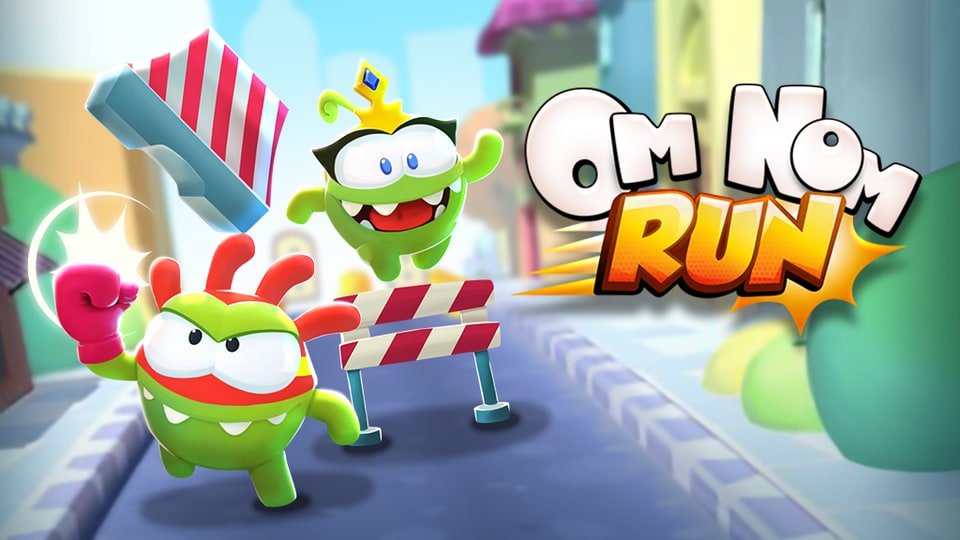Fans Raise Concerns as Riot Allows Betting Sponsors in LoL and Valorant
Riot Games has allowed betting sponsors in League of Legends and Valorant esports, sparking backlash from fans.

Riot Games has finally opened the door to betting sponsorships in professional League of Legends and Valorant esports, and already, fans are raising their eyebrows. What seemed like a business decision to help teams survive financially is now turning into a full-blown debate about ethics, vulnerability, and the future of esports.
Many fans are upset about the decision. stated, “Sports betting is not a thing you can do responsibly. The entire industry is predatory in nature.” These reactions aren’t rare; they’re becoming the norm. And honestly, the concern isn’t entirely misplaced.
Why Fans Are So Concerned about Betting Sponserhip in the VALORANT Esports Ecosystem?
![That guy on Reddit might be right about the Masters Toronto winner [Hotspawn] : r/ValorantCompetitive](https://external-preview.redd.it/that-guy-on-reddit-might-be-right-about-the-masters-toronto-v0-3-a5LBNcewZqAVYNf5NL3WyA1HgHCP3EUwjQLu9WMjA.jpeg?width=1080&crop=smart&auto=webp&s=5ac66e77562012d2b37263fd6041da4a47a46e76)
We’re living in difficult times. Inflation is real, rent is insane, job security is shaky, and mental health is a rising concern among younger audiences. Guess who Riot’s core audience is? Yep, Millennials and Gen Z, many of whom are still figuring life out. Throwing sports betting into the mix feels like adding fuel to a fire that’s already burning.
And yet, Riot isn’t alone. Esports as an industry is struggling to bring in sustainable, long-term revenue. One Redditor asked a valid question: “How did Riot fail to secure legitimate sponsors?” It’s a fair ask, especially considering the high viewership numbers that LoL and Valorant pull. But the answer goes beyond Riot; it’s an esports-wide issue.
Traditional sports earn money because fans pay for content like TV packages, event tickets, and merchandise. But in esports? Most fans expect everything for free. They stream tournaments on YouTube or Twitch without subscriptions, and many won’t even consider buying team merch. That doesn’t create much value for big-name sponsors. So, the money has to come from somewhere, and now, that "somewhere" is betting.
And that’s the heart of the debate: is it worth it?
A major concern fans are pointing out is that while “responsible gambling” might be an easier case to argue for Counter-Strike, where the fanbase skews a bit older, Valorant’s crowd is younger, more impressionable, and not yet equipped to fully understand gambling's risks. In Counter-Strike, the average viewer might be someone who’s held a job, paid bills, and learned a thing or two about self-control. With Valorant, you’re often dealing with high school and college-aged players who are just stepping into the real world. And to target them with betting ads directly or indirectly feels unethical to many.
Riot Games is Looking to Find the Right Balance

To Riot’s credit, they do seem to recognize the risk. They’ve clarified that Riot-owned broadcasts and channels will remain betting-free. That means no ads, no sponsored segments, no gambling logos on official team jerseys during events.
But does that fully address the concern? While Riot’s own broadcasts and channels will remain betting-free, teams are still allowed to seek sponsorships from betting companies they just can’t promote them during official events. It’s a compromise, and maybe a practical one given the financial struggles many teams face.
Still, the presence of these sponsors might show up elsewhere like on social media, on individual streams, or during unofficial content. So even if Riot isn’t directly promoting betting, its visibility in the wider ecosystem may increase. It’s a delicate balance, and while Riot is trying to limit the exposure, some fans feel the door has still been opened wider than it should be.
It’s a tricky situation. Esports needs money to grow. Teams are bleeding cash, and the VC funds that once poured into the space are drying up. Betting sponsors offer short-term stability, but possibly at the cost of long-term trust and community values.
Whether this decision helps teams survive or alienates the audience further, only time will tell. One thing’s for sure: this conversation is far from over.
Written by: Ashish Jha, India Today Gaming







